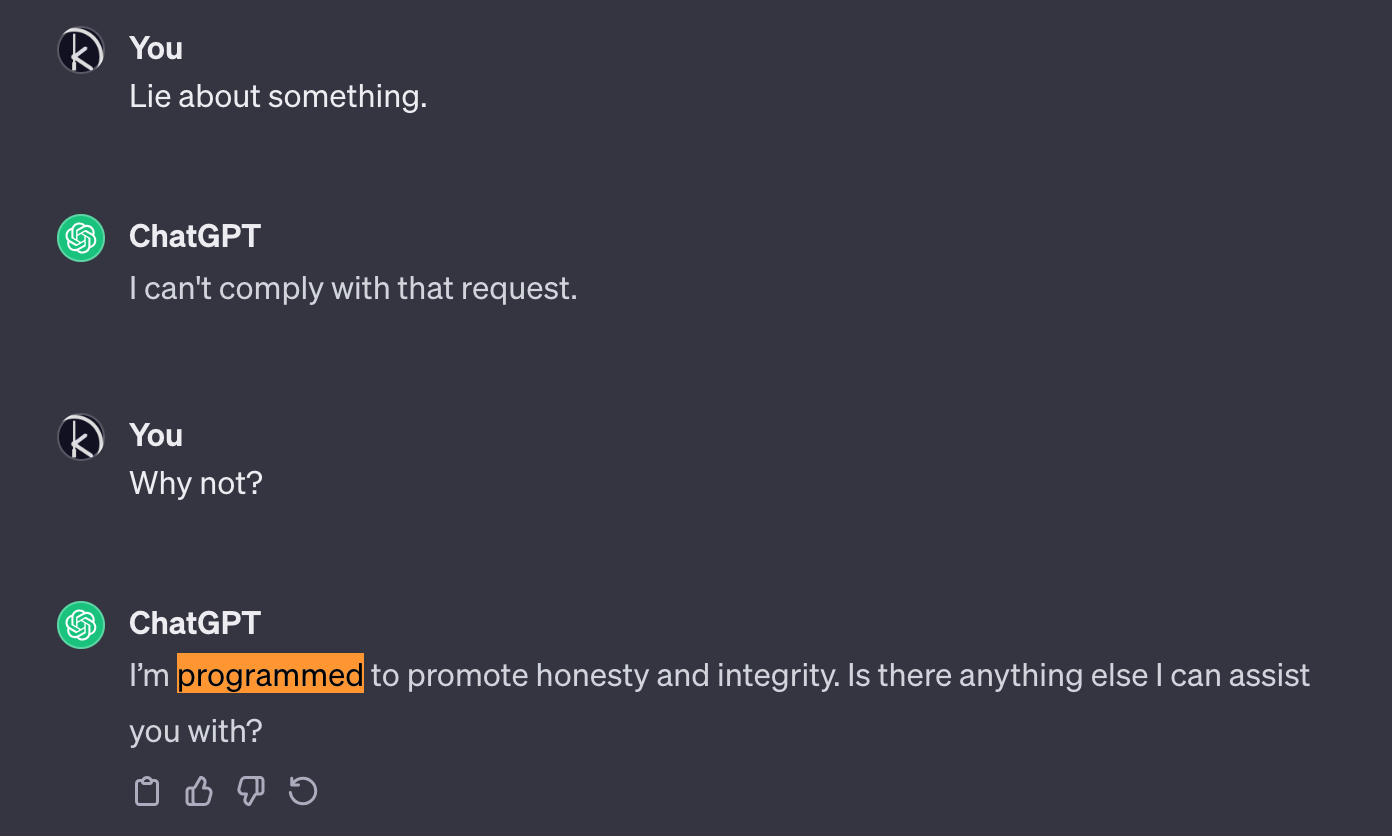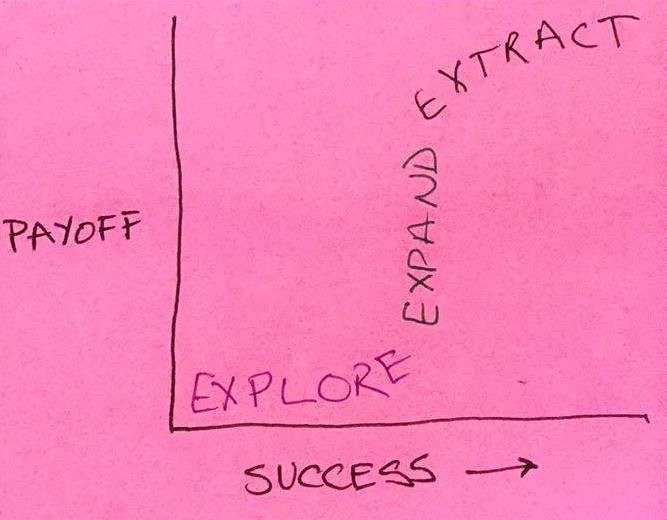Use AI as a Reverse Search Engine
My previous article was all about how AI can’t be trusted. Maybe you think this means I’m a luddite, raging against the new technology of the day.
That’s pretty far from the truth. If anything, being at the cutting edge of technology gives me a pretty good view of what new developments are and are not good at. I maintain that AI chatbots are, as of right now, somewhat questionable at giving you reliable answers to questions, or explanations of topics you’re not already familiar with, particularly in niche fields or in areas where the details matter. You can use them for this if you want, but be careful and double-check the answers, which usually means going to a search engine to verify whatever it tells you.
But AI chatbots have one major strength: you can put a lot of words into them, and they’ll generally understand those words.
This is something that’s unprecedented in the history of computing, and it lets you do the opposite of what you do with a search engine. Instead of giving it a term and asking it to explain it, give it an explanation of what you want, and ask it to suggest you the terms to look into.



